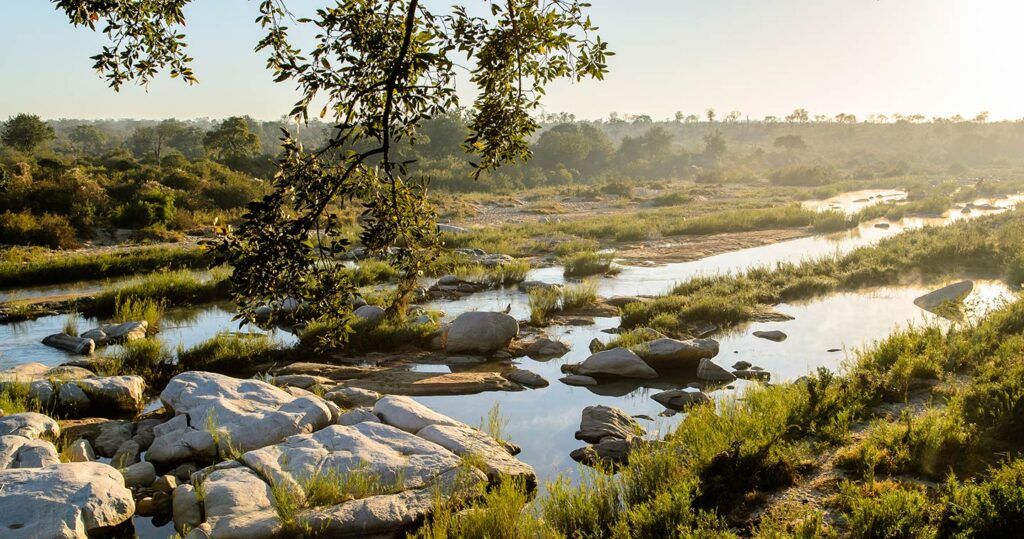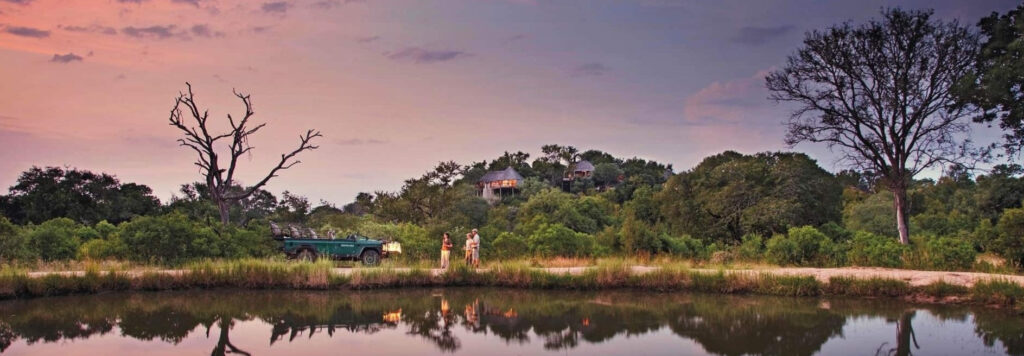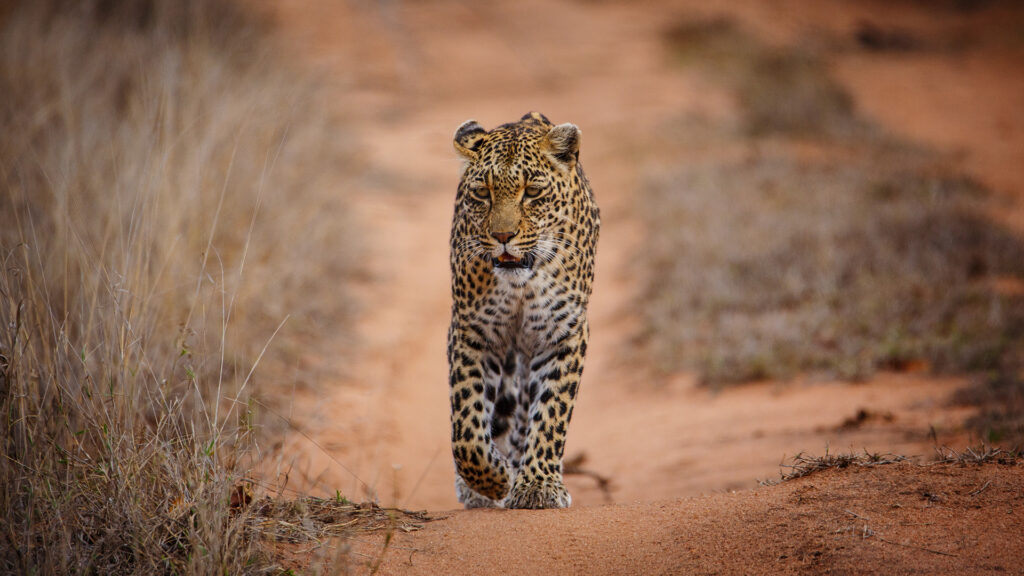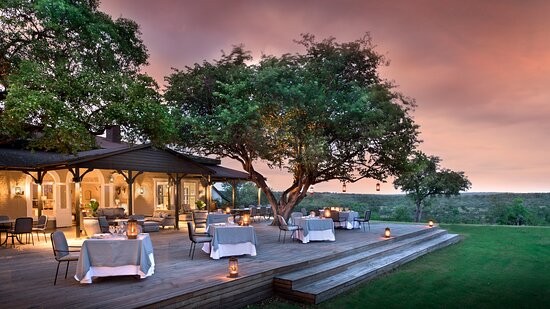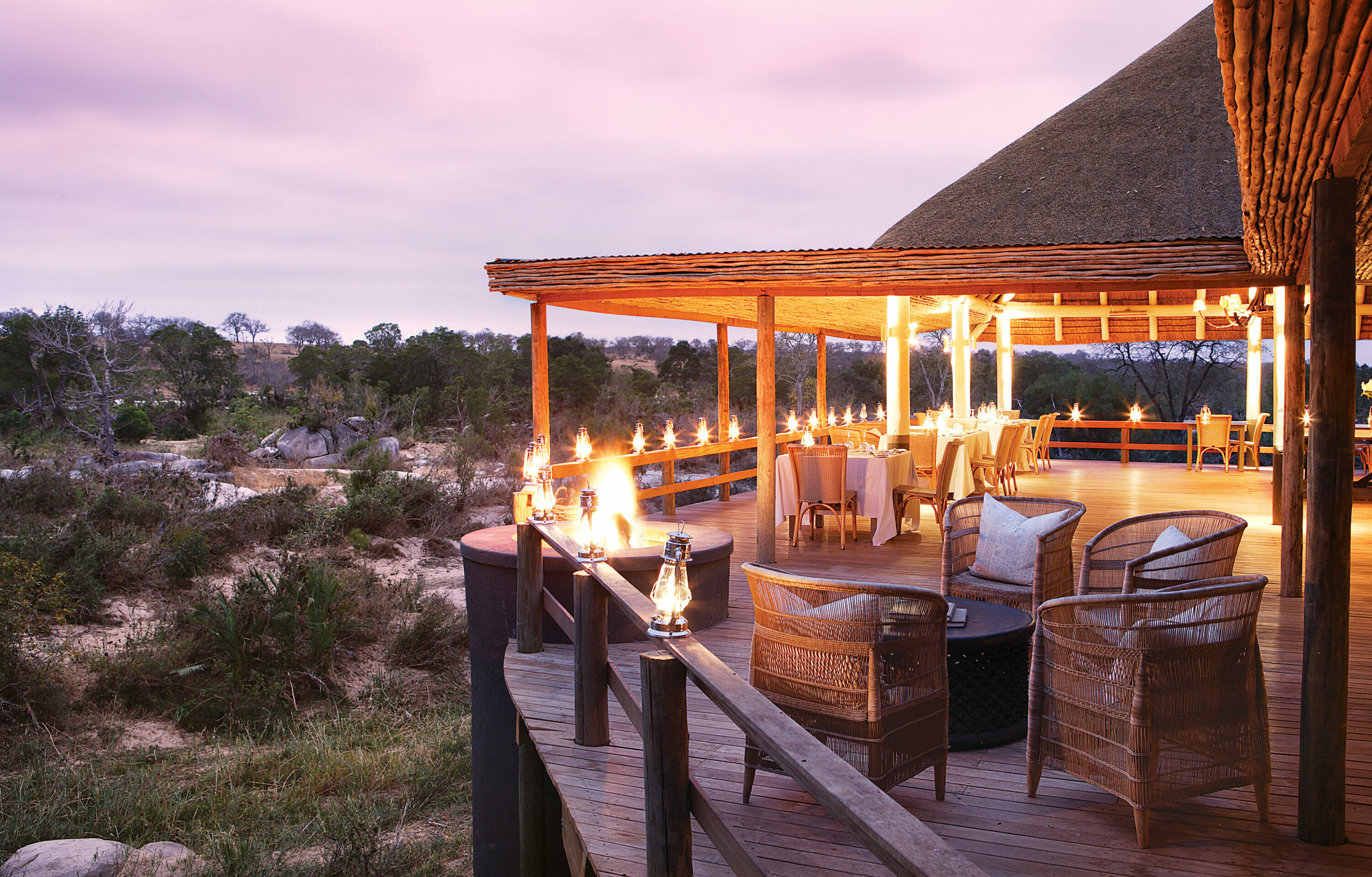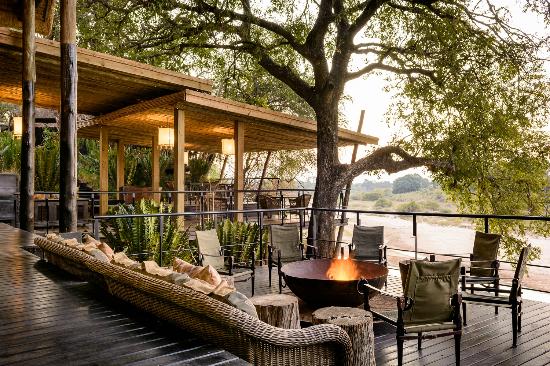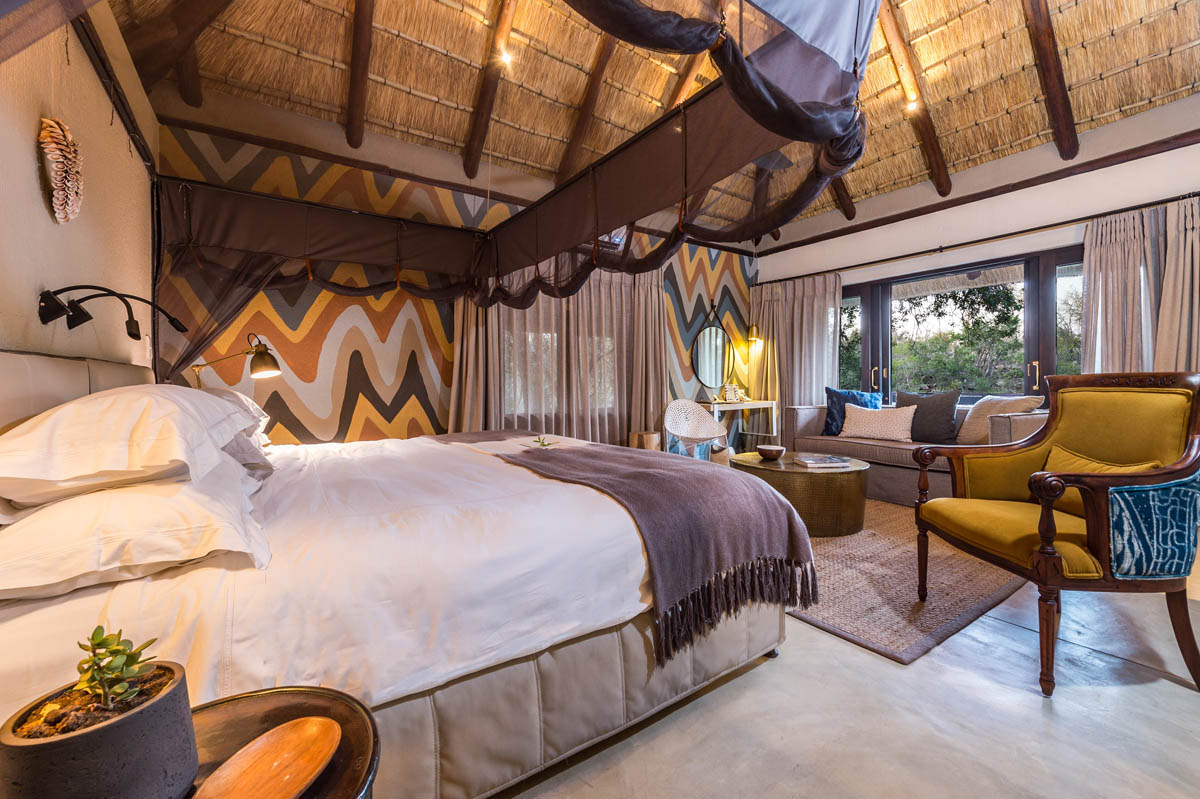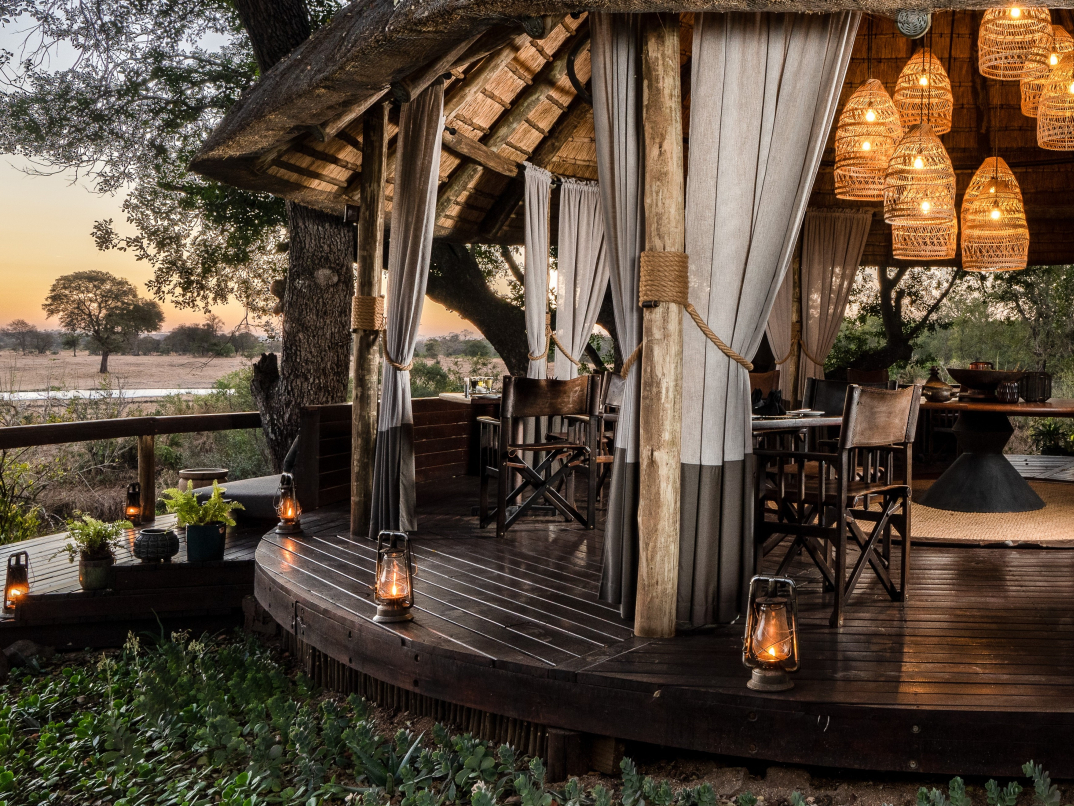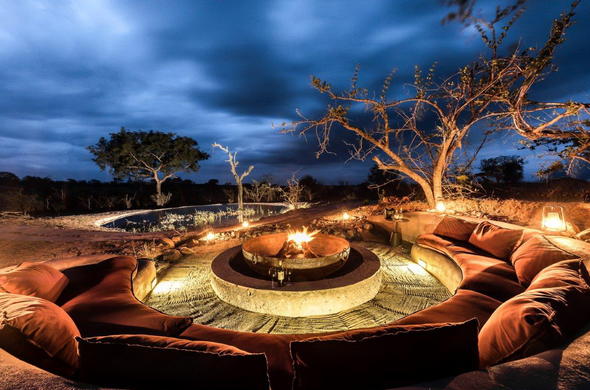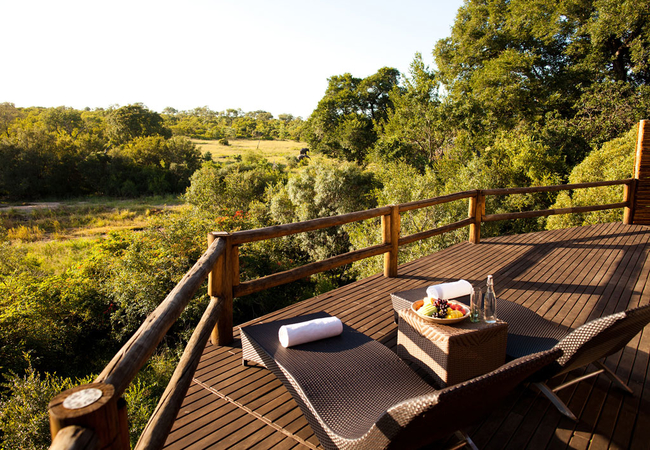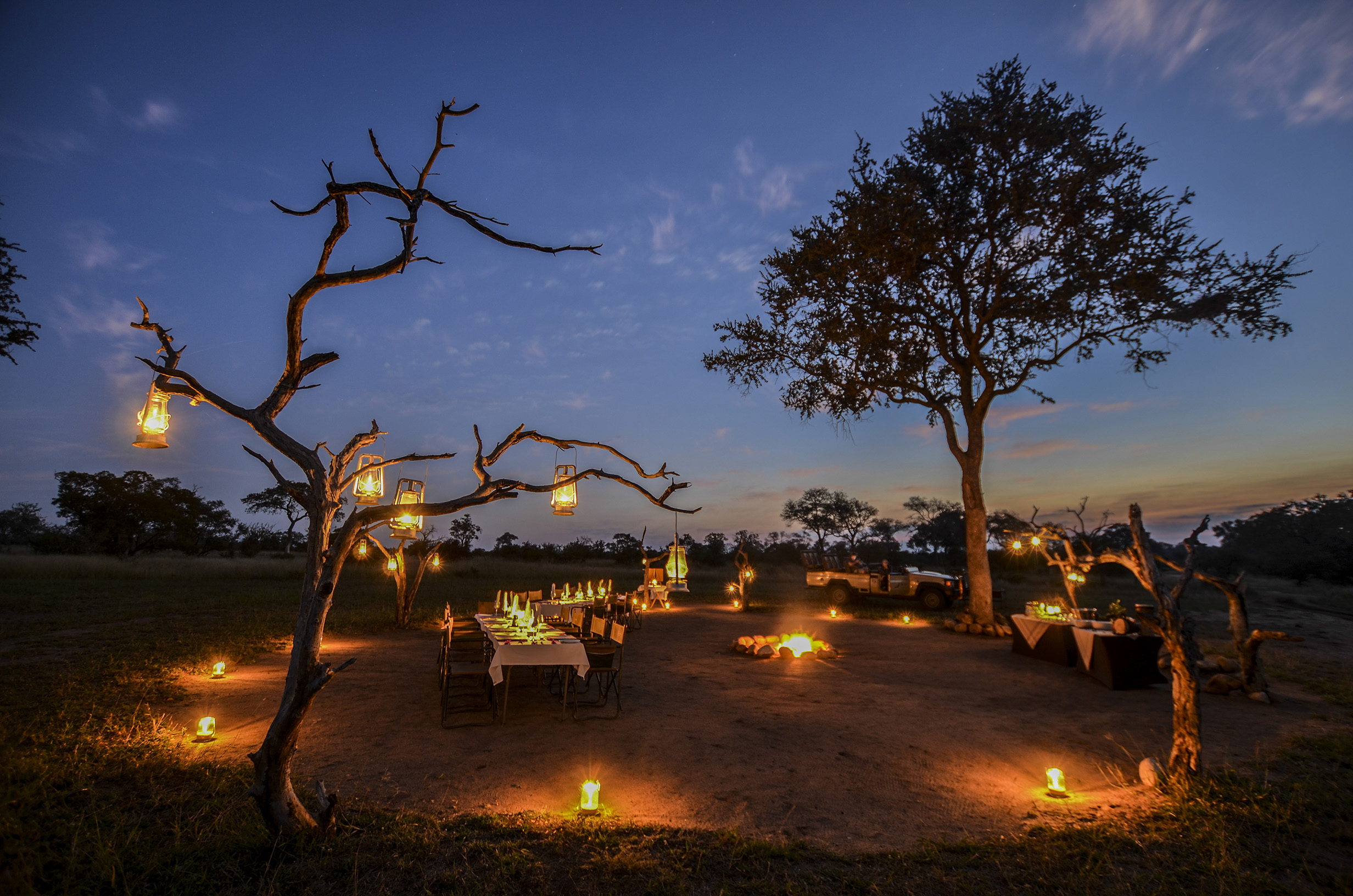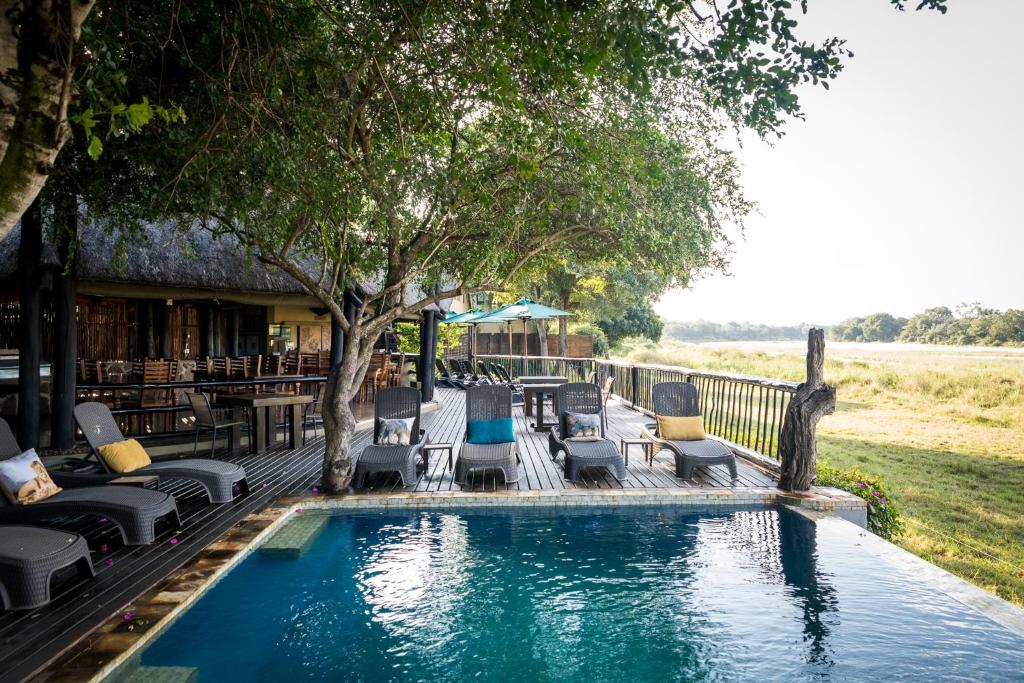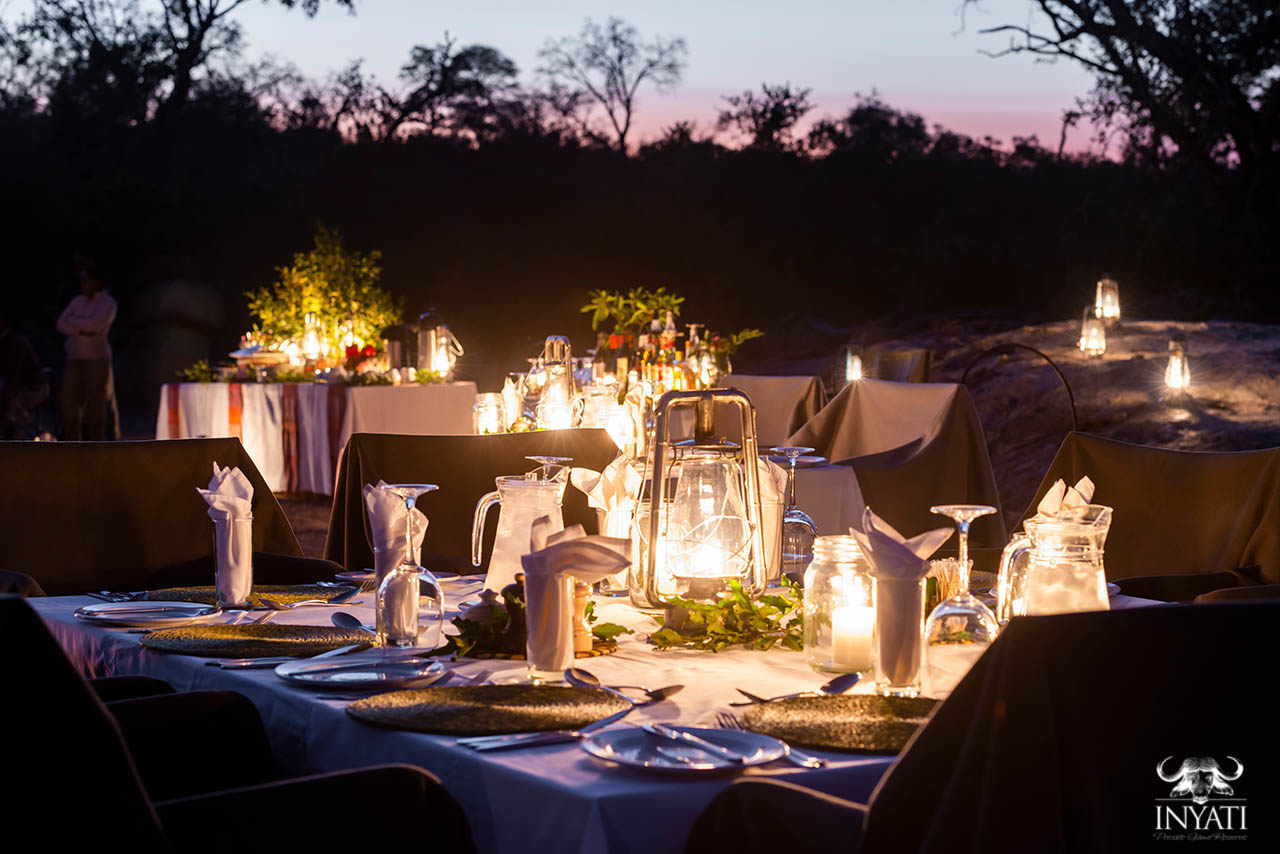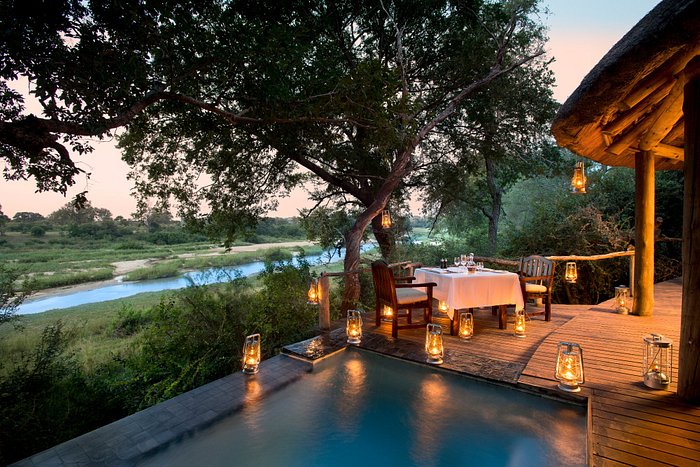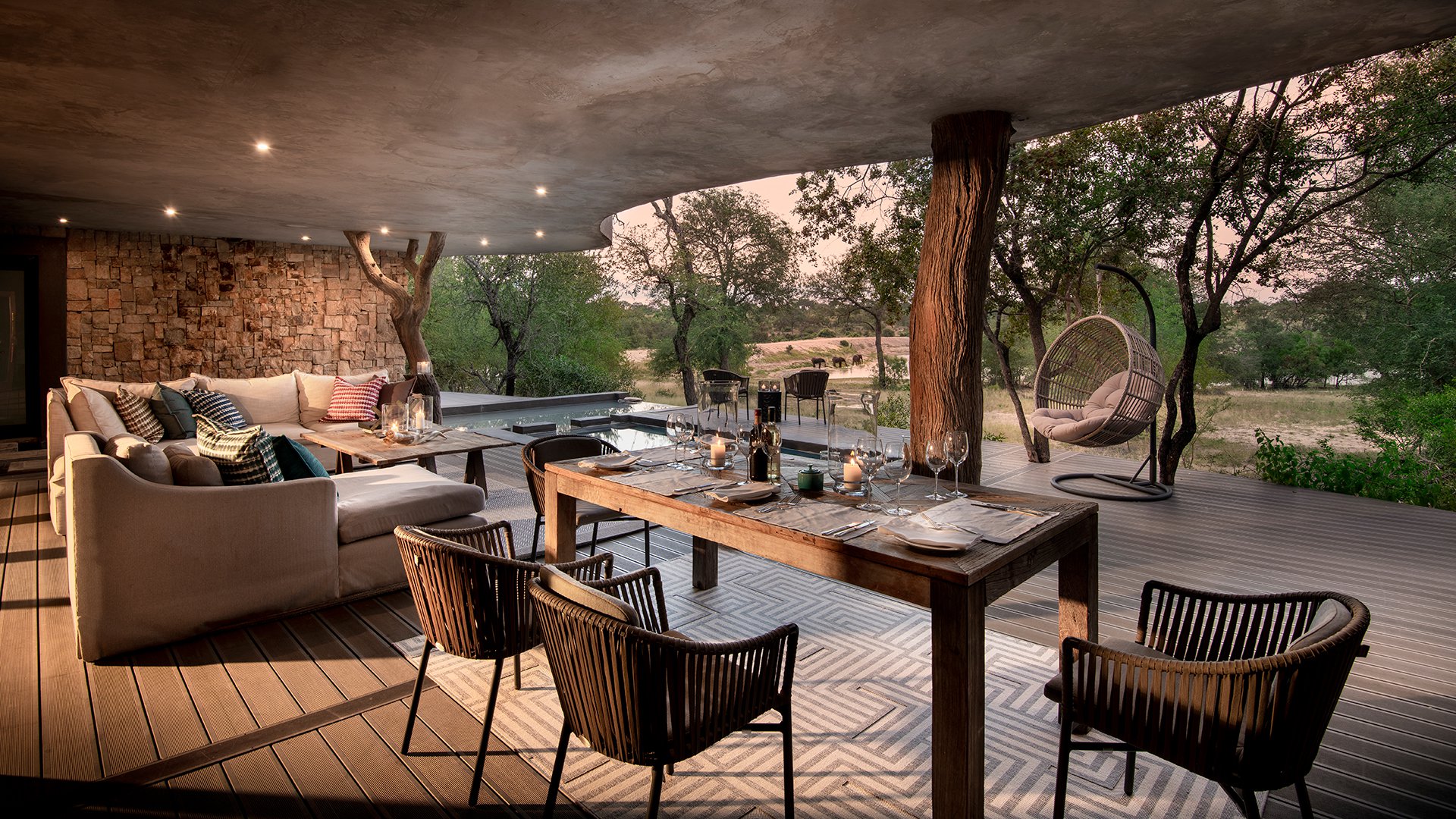SABI-SANDS GAME RESERVE
Some history
So what is the 'secret' behind Sabi Sand's success story? For this one has to have a closer look at the reserve's history. Many of the land surface of what now is the Sabi Sands Game Reserve used to be agricultural land. As cattle farms occurred in the area, a reliable source of water was needed on the farms. To provide this water, many boreholes were drilled, providing a steady supply of water. After the establishment of Sabi Sands as a game reserve, these waterholes and dams were kept intact and still function as a water source. It is now not cattle that drink from this water, but the many wild animals in the game reserve. As the waterholes provide an abundance of water throughout the year (and seasonal influences are not much of a factor) Sabi Sands proves to be a very popular place for large herds of animals. This to the enjoyment of travellers and large predators alike. The original Sabie Reserve was already proclaimed in 1898. It turned out to be the forerunner of the massive Kruger National Park. Many of the original landowners were excised from the area when in 1926 the National Parks Act was passed. In turn, the former land owners created the Sabi Private Game Reserve adjacent to Kruger National Park in 1934. Of these pioneering land owners, six families still own land in the Sabi Sands Game Reserve, they are now third and fourth generation owners. In 1948 the landowners formally formed what now is the Sabi Sand Reserve.
An exclusive safari destination Sabi Sands Game Reserve is home to many lodges that all have something unique to offer. Some are ultra luxurious, and some are quite affordable. Staying in such a lodge implies that meals are included in your stay. Also the most important thing, safari activities, are included in the rate. This is the quintessential advantage of staying in a private game reserve: You will be guided by highly trained guides that can tell you everything about the reserve and the animals. Day visitors are not allowed in the reserve, so you can only stay here when booked into one of the lodges. You also may not drive around the reserve on your own, which guarantees the park's exclusivity. One of the other major advantages is that when on safari with one of the rangers, they may drive off-road (something that is strictly prohibited in Kruger National Park). So, when following a leopard, your ranger is allowed to follow it in the bush. An amazing experience and worth a trip to the bush on its own.

